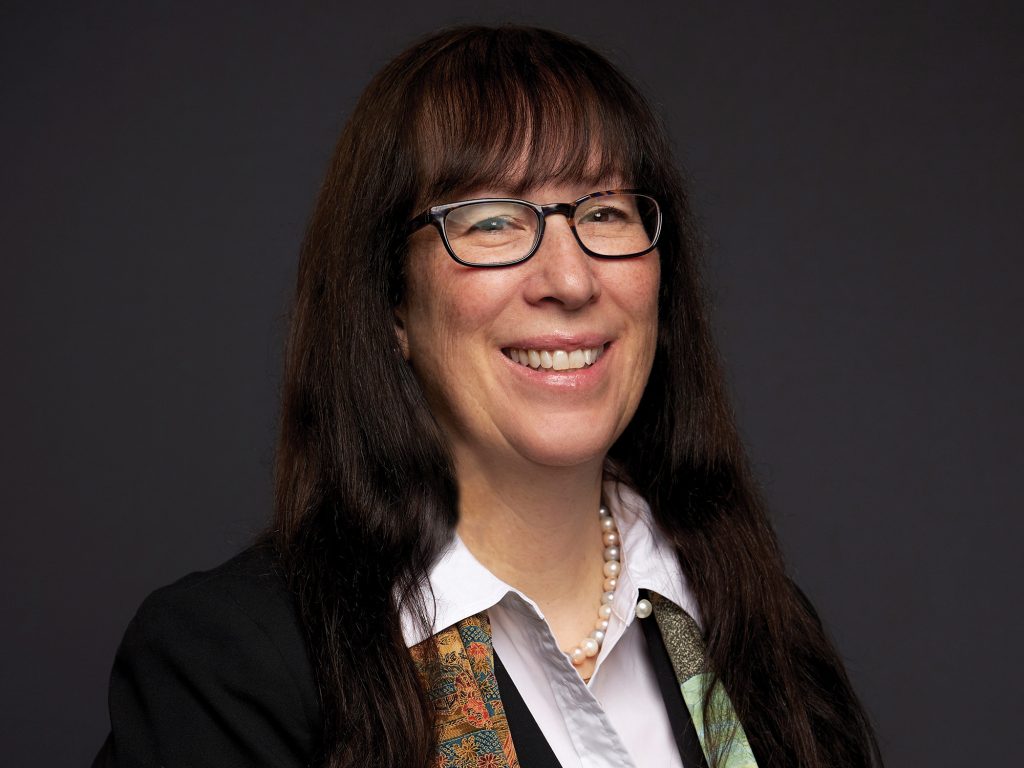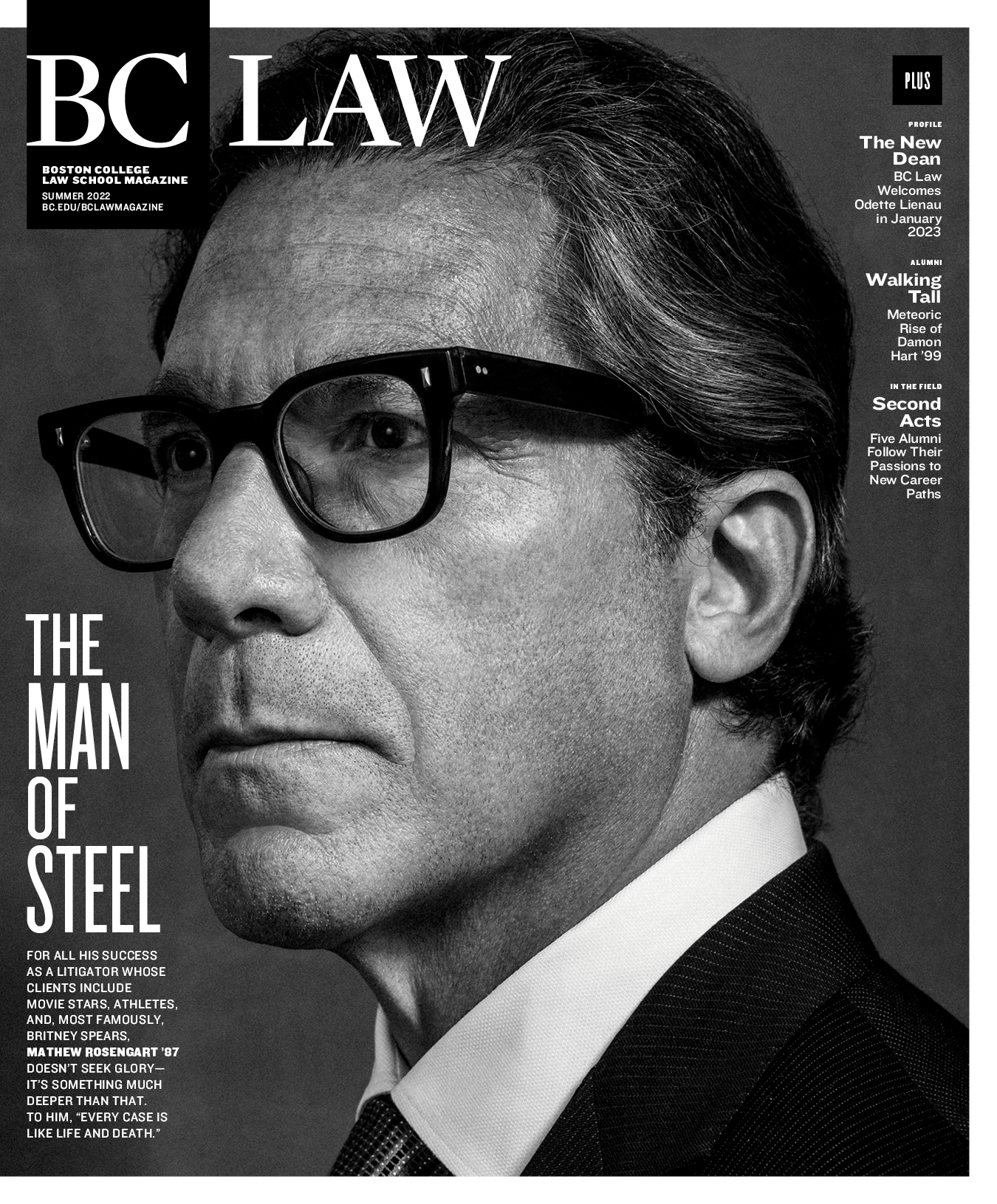One of the most important goals we collectively work on as a law school is developing the skills and capacity to have conversations on incredibly important topics. Our ability to do so speaks to the heart and soul of who we are—what is important to us as a community. It speaks to the concept of cura personalis, or care for the whole person, an essential part of the Jesuit tradition. And it speaks to the importance of informed and respectful dialogue in shaping future leaders of the legal profession.
Having a respectful debate over topics that spark intense opinions and emotions is a pretty difficult task these days. Among the challenges are misinformation and disinformation. This is a familiar subject in an era of rapidly changing technology and easy communication, but the full scope of the risk may not be as widely appreciated.
Misinformation—sharing false information that you believe to be true—and disinformation—intentionally giving false information for some kind of gain—affect every facet of public and private life: political debates, voting, design of government regulation, regulatory reporting and enforcement, research, and science. Both damage every level of society and every actor, including nation states, government agencies, corporations, media, nonprofits, and religious, educational, and social groups.
“All members of society can play a role in mitigating the impact of misinformation and disinformation, but as lawyers, we have a particularly important role to play.”
Interim Dean Diane M. Ring
Just a few common examples include corporations falsifying safety data required under government regulation; governments providing incomplete data to shift public opinion; public figures promoting a particular political, social, medical, or scientific position through inaccurate or incomplete data; and private individuals joining in semi-public exchanges on issues of the day with insufficient attention to the validity of their assertions.
Often, the parties providing information have a clear duty, whether legal, regulatory, or contractual, to provide true and complete information. But even those without such a clear legal duty can cause harm and create significant risk on a national and global level by their indifference to false, inaccurate, and incomplete information.
All members of society can play a role in mitigating the impact of misinformation and disinformation, but as lawyers, we have a particularly important role to play. Regardless of our workplace, we face choices, like how to properly report the results of a safety test; how to respond to a whistleblower filing; how to report regulatory compliance; how to present information on a complicated topic to the public; or how to garner support for a proposal, legislation, reform, or project.
In some instances, we may believe that our overall mission serves a good purpose—and that this purpose might be disadvantaged by more complete and more accurate statements. We might even try to embrace arguments justifying why the reporting being considered is not “really” false. Add in other pressures, including financial or employment, and it’s possible to see how we might begin to slide away from the truth, and how these problems become so commonplace.
That is all the more reason to fight against this slide, in our own dealings and in the dealings of those around us. Committing to practice with integrity makes a difference, and who better than we to make that commitment?
Of course, genuine ambiguity in law and facts does exist. But those cases are not the problem. The real problems are right in front of us, and if we are willing to look right at them and honestly assess whether we will be furthering misinformation, we will recognize them and have the capacity to act with an ethical and moral compass.



